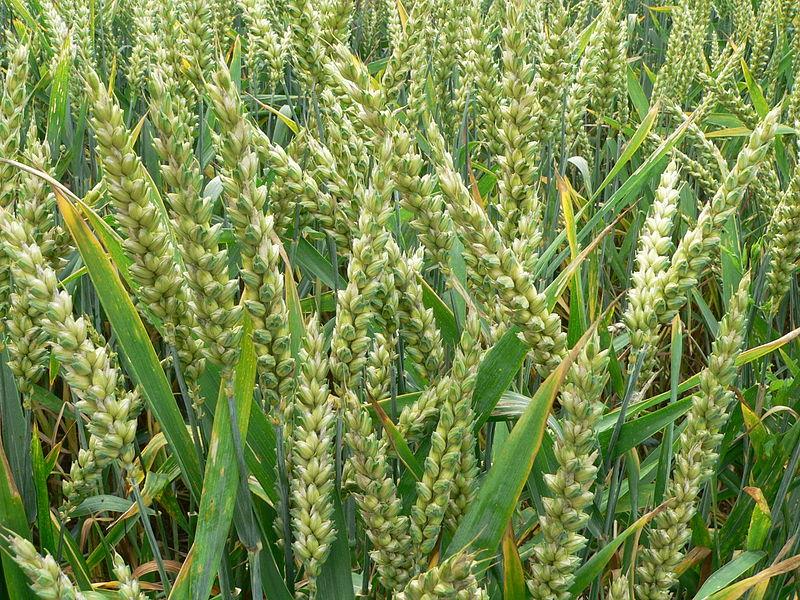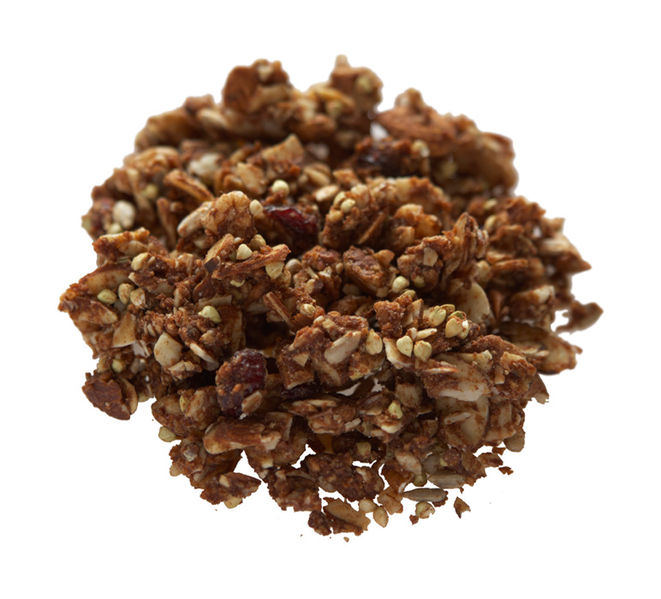
Photo Courtesy of Wikimedia Commons
Humans have been growing wheat for nearly 4,500 years. After all these years, there has recently been mutiny against wheat-based foods. This begs the question: why?
Perhaps you’ve heard of gluten and the hullabaloo going around about the gluten-free diet. Gluten is a protein found in wheat, barley and rye. In other words, it’s in the bread, pasta and pizza you love, just to name a few.
Going by the definition of gluten, it doesn’t sound like the worst thing in the world. So why does it seem like so many of us are running away from it like it’s a monster chasing us?
Gluten sensitivity
The truth is you should be avoiding gluten if you’re sensitive to it. If you’re halfway down that pasta bowl and feeling a little off, perhaps consider this.
The illness most associated with gluten intolerance is called Celiac disease. This condition causes the intake of gluten to result in damage to the small intestine, making it less efficient in absorbing nutrients. Symptoms vary from person to person, but can include bloating, abdominal pain, diarrhea and headaches. Genes are a major factor in its occurrence. Your doctor can usually diagnose Celiac Disease through a blood test, and a gluten-free diet becomes necessary if you have it.
What your doctor will likely have a hard time diagnosing is gluten sensitivity. Dr. Alessio Fasano, director of the Center for Celiac Research at the University of Maryland School of Medicine, said gluten sensitivity could be difficult to diagnose because there is no clear definition of it yet. The symptoms of gluten sensitivity are similar to Celiac Disease, but less severe — and its prevalence is less reliant on genetic factors.
Gluten-free diet as a weight loss mechanism?
“The most popular approach to weight loss in 2013.” This is the prediction of 200 registered dieticians in a survey conducted by Pollock Communications on the future of the gluten-free diet.

Photo Courtesy of Wikimedia Commons
If you’re avoiding gluten, your choices of foods decrease significantly. So if you lose weight on the gluten-free diet, it may be because your overall caloric consumption is going down and not necessarily a direct result of decreasing gluten intake.
The gluten-free diet may restrict more than just calories. Katherine Tallmadge, registered dietician and author, said the gluten-free diet can lead to a limited intake of necessary nutrients such as fiber.
If it is used to lose weight, meals should be well-planned to ensure all nutritional requirements are being met.
If you feel that any of the aforementioned symptoms apply to you, try a gluten-free diet and see if you feel different. With thousands of gluten-free items stocking the shelves of grocery stores, following this diet may not so bad.
Foods that are gluten-free:
Fresh produce
Nuts
Fresh beef
Fresh poultry
Most dairy products
Fresh eggs
*Be sure to check the nutrition label even on these products. The same product may contain different ingredients, varying between manufacturers.
Foods that often contain gluten:
Processed Meat
Spaghetti
Bread
Pizza
Ice Cream
Cereals
Cakes
*These products may contain gluten-based grains or preservatives or have undergone processing.







